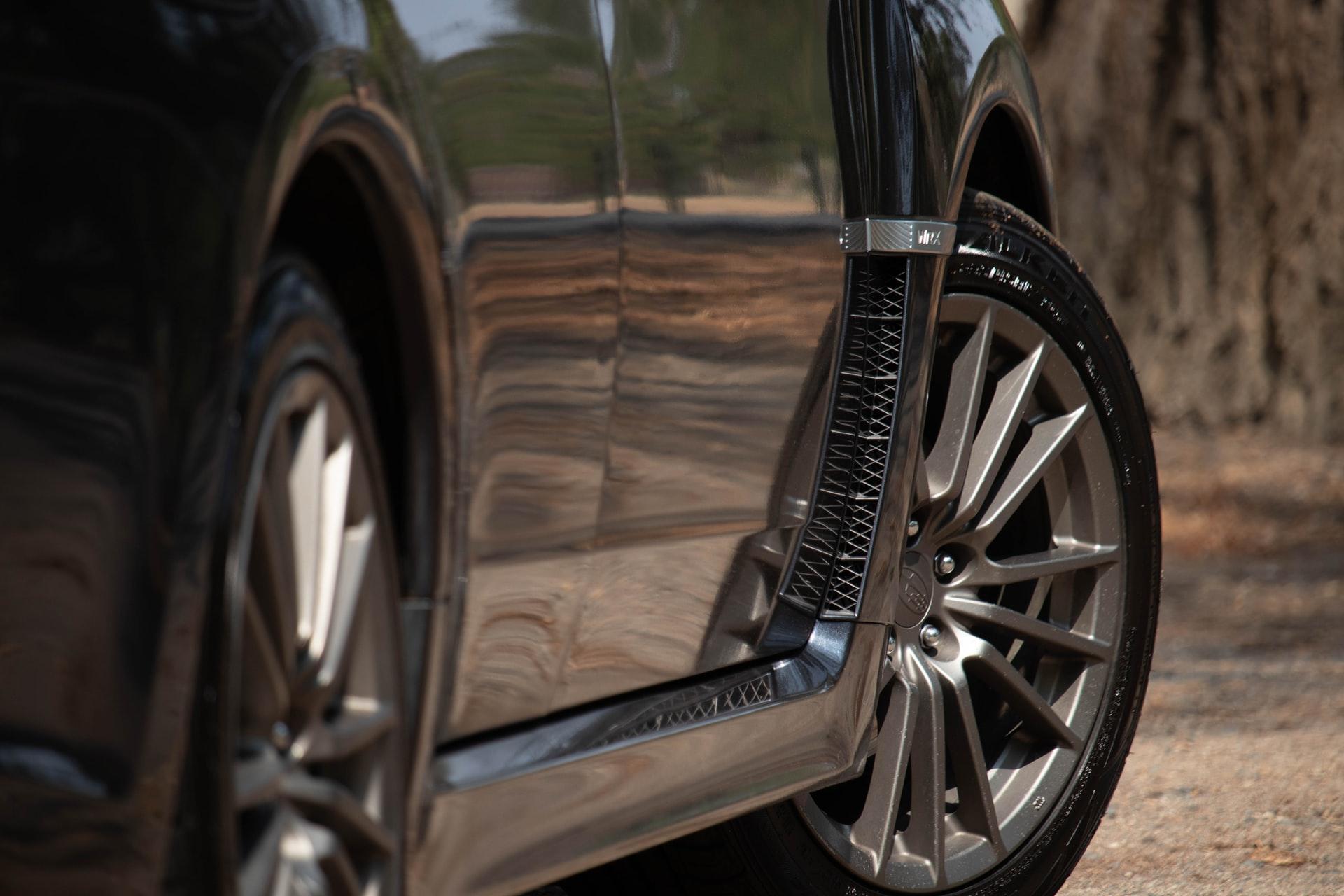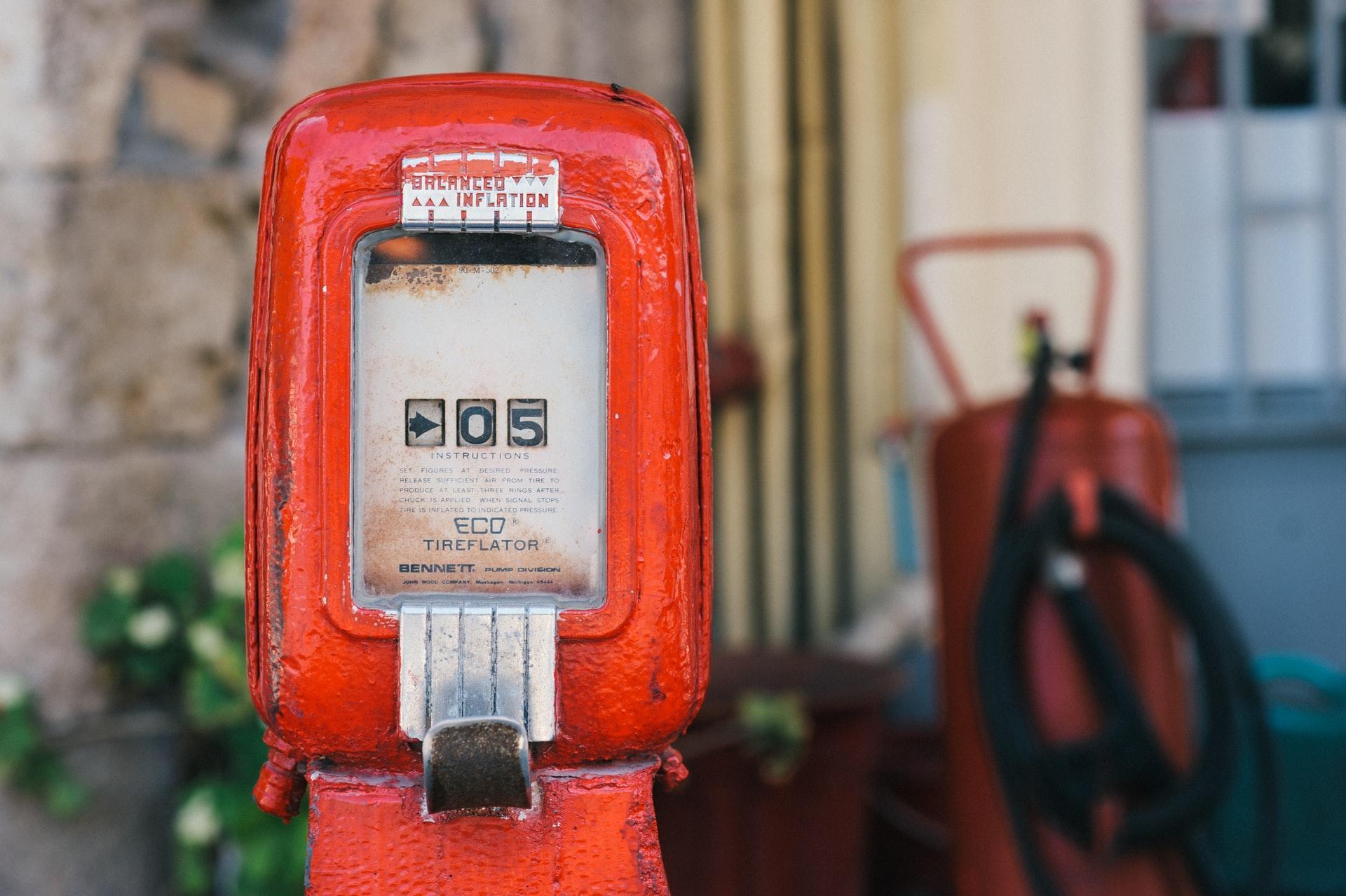Why The Right Tire Pressure Is So Important
Your car’s tire pressure affects your experience of driving more than you know. For example, a low gas mileage or sluggish and unresponsive steering can be caused by poor tire pressure. Having the right and appropriate tire pressure for your care is important. First and foremost, this ensures that you are driving safely on the road. With the right tire pressure, it will be easier to handle your car. Secondly, having the right tire pressure also saves you money. With the right tire pressure, you’ll have better mileage and your tires will be able to last for longer. You should check your tire pressure every now and then to ensure optimal performance on the road.
However, not all drivers are aware of the recommended tire pressure for their car. Or, for some, they might be completely clueless about anything related to tire pressures. Therefore, we have written this short guide on tire pressure to educate others! So, read on to learn all you need to know about your car’s tire pressure.
How Will You Know What’s The Correct Tire Pressure For Your Car?
When it comes to tire pressure, there are two given pressures that you can refer to. The first is the recommended tire pressure for the car, and the second is the recommended tire pressure for the tire. In most cases, it is best to follow the recommended tire pressure for your car. This recommended tire pressure can be found on your door sticker or in the car’s owner manual.
Your tires may have a different recommended pressure and this is because tires are made for a variety of car models. Therefore, the recommended tire pressure for tires is usually the maximum pressure the tire can take. The best is to always follow your car’s recommended pressure as that would be specific to your car!
How Can You Check Your Tire’s Pressure?
To check your tire’s pressure, you can use an air pressure gauge or pressure monitoring system. Always ensure that the gauge is tightly and properly placed when doing any measurement. If you hear any hissing, this is a sign that the gauge might be too loose or at a wrong angle. If you use a tire pressure gauge, you will immediately be able to see what the pressure of your tire is at. Always check and adjust the pressure so that it is the recommended tire pressure for your car.
Is It Bad To Overinflate Your Tire?

Overall, it is bad to overinflate your tires. Overinflating your tires is both unsafe and harmful to your car. Overinflating your tires may be accidental and you can easily solve the overinflation by letting some air out. If you’ve heard rumors about overinflating being good for your gas mileage, throw it out. That is untrue.
Firstly, if you overinflate your tires, your tires are filled with more air than they should be. Think about balloons and when they are blown up too much – they tend to explode. The same goes for your tires. If they are overinflated, there is a chance that it might blow. If this happens, you might lose control of your car and get into a serious accident.
Secondly, having overinflated tires can also cause your tires to wear out faster. At worst, severe damage could also happen and this would require you to change your tires far earlier than needed. When your tires are overinflated, the tires tend to be rigid and inflexible. As such, your tires are more prone to damage and wear. This is especially when your tires run over potholes, debris, or curbs. Furthermore, the overinflation will also make your ride a bumpy and uncomfortable one.
What About Under Inflating My Tires? Is That Worse?
Under inflating your tires is far more dangerous than overinflating your tires. First of all, an underinflated tire will cause your car to be less stable. You’ll also be less able to control and handle your car. This will thus, increase the risk of you getting into an accident. With underinflated tires, the rubber of the tire could also get heated faster. As such, it is far more likely to blow than an overinflated tire. Lastly, an underinflated tire also has poorer gas mileage. Therefore, you’d be using more fuel for a poor ride.
All in all, underinflating your tires are far worse. The best thing to do is to have your tires at the recommended pressure for your car.
How Often Should I Check My Tires?
As you use your car, the air pressure in your tires will deflate. Therefore, it is necessary and important to regularly check your tire’s pressure. According to most automobile companies, you should check your tire pressure once a month. However, during the winter months, the lower temperatures can affect your tire pressure too. Therefore, you should check your tire pressure twice a month during those times.
How Does The Weather Affect My Tire Pressure?
Heat causes air to expand and cold causes air to contract. Therefore, seasonal changes can cause some changes in your tire pressure to do. However, this does not mean that you have to make constant changes to your tire pressure. You’d only need to worry more about your tire pressure during the colder and hotter months.
During the hotter months, the heat might cause the air in your tires to expand. Therefore, the pressure in your tires will go up. In this case, you might want to deflate your tire pressure a little. This allows for the air in your tires to expand and will hence, prevent your tires from being too inflated and blowing up.
During the winter months, the cold air could cause the air inside the tire to contract. Therefore, it is recommended that tire pressures in winter should be about three to five psi higher than the psi in summer months.
Overall, it is important to check your tire pressure regularly. If you feel that your car is harder to drive, it might be caused by a problem with your tire pressure. Therefore, doing a small check and inflating or deflating your tires could help.
Conclusion

Tire pressure is very important for having a safe and comfortable driving experience. With this guide, we hope that you are better aware of how to handle your car’s tire pressure needs.

